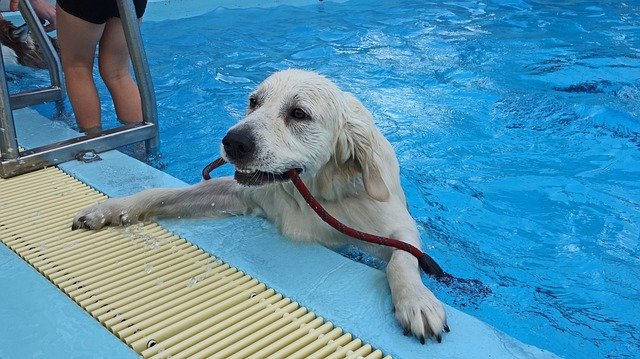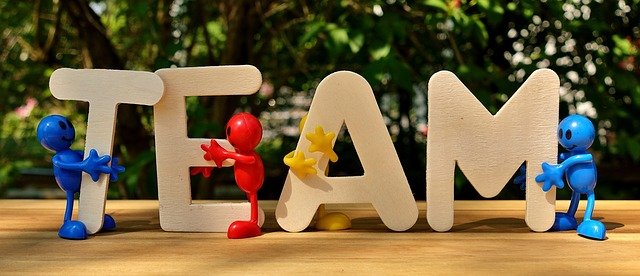If you scroll back to the first article that launched this series you might notice the emphasis we place around responsibility. So much so that three of our values represent three different key tenets of responsibility. Responsibility itself, leadership, and this week’s value – self-reliance. A critical aspect we like to point out when it comes to the last item on the list is that Montessori doesn’t just teach self-reliance as a concept, but rather it is at the very core of the method.
We as educators in a Montessori environment would define self-reliance as taking the responsibility to do things for ourselves that we are capable of doing. This includes not only obvious things like brushing teeth or dressing ourselves, but also controlling our reactions and emotions in response to external triggers. On a personal level this means we as owners and administrators rely on ourselves to own issues that occur within the school and not shift the blame externally if something doesn’t go as planned. As adults, ownership is a key piece of self-reliance as we may not be able to fix a leaky roof, but we can own the process of calling the roofer, defining the issue, agreeing on a set of work to be performed, and validating that the issue is fixed prior to the roofer leaving.
In the classroom, each child chooses the work they will do and owns the process of mastering the work. As mentioned last week, there are many avenues each child can take to ensure they succeed at their goal. The child learns that they are responsible not only for learning and mastering the work they choose, but that they have many resources to which they can turn to in order to do so. They learn to rely on themselves as the focal point of their successes and to seek out tools to maximize the intrinsic rewards. It is this behavior that forms the foundation of the Montessori educated child to become a truly special adult.
For many of our values the core job of parents (and our staff) is to model the values for the child to follow. However, we would never suggest that self-reliance comes from parental example alone. Nor can the spoken word alone build self-reliance. Ultimately it is actions and expectations that deliver the strongest messages.
– Set the expectation that we must try before we say we can’t do something. And then reinforce trying first.
– Allow your child to do for themselves those things that they can do, and be sure to help them understand that the list of what they can do grows all the time.
– Reinforce the positive self-esteem that comes from overcoming a challenge or mastering a task. In a similar vein, once mastered, a task need not be celebrated any further.
Like all of us adults, your child has their own set of natural abilities as well as a similar set of stumbling blocks. Ownership of both is at the core of the self-reliant adult your child will become.





